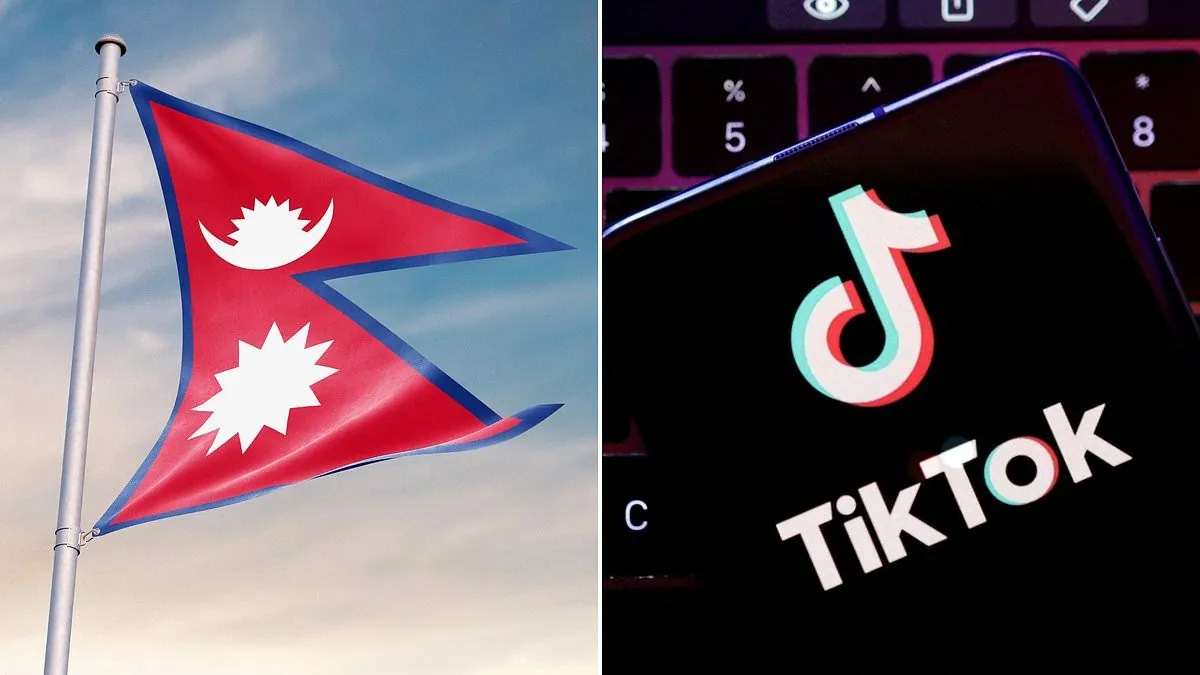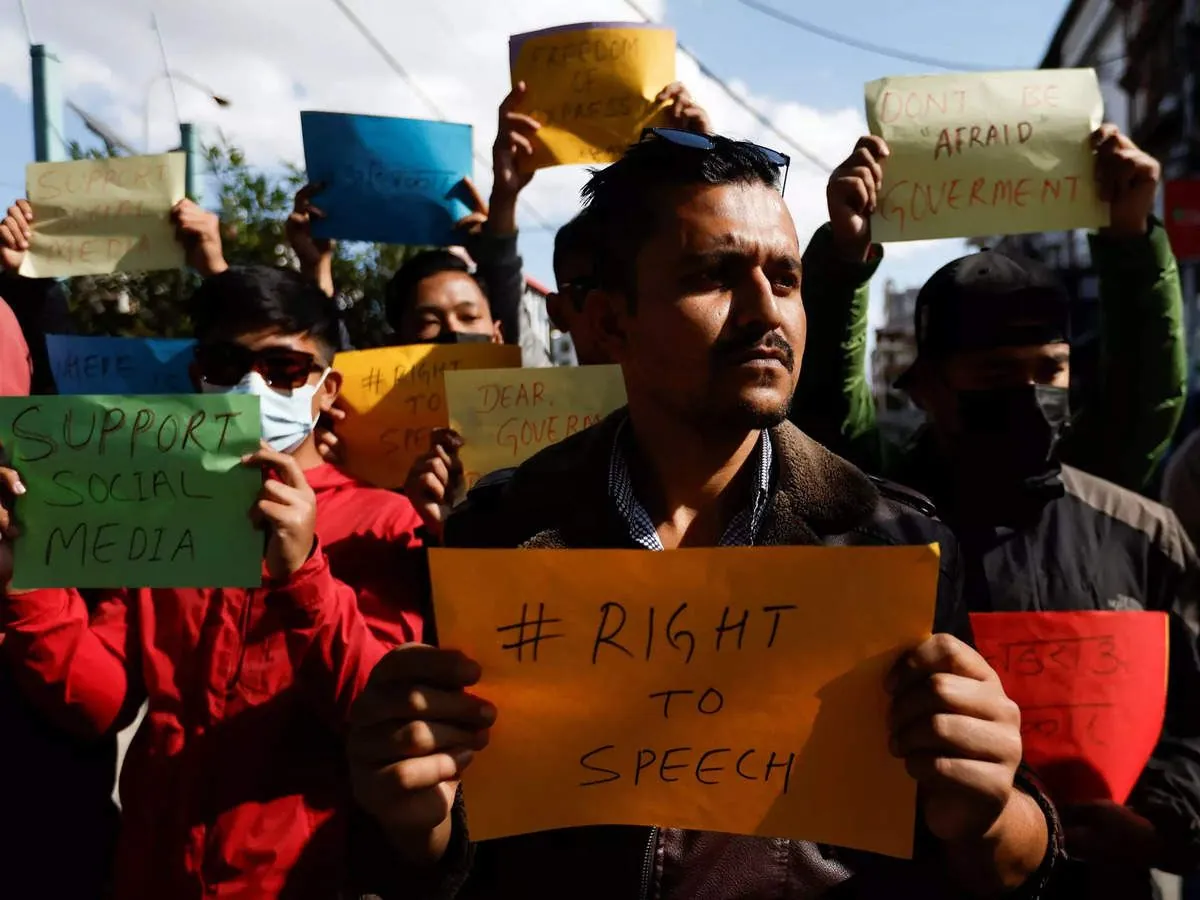Nepal Reinstates TikTok After 9-Month Ban, Citing Cooperation Agreement
Nepal lifts TikTok ban after 9 months, following the app's agreement to assist law enforcement. The decision aims to address previous concerns about cybercrime and content regulation.

In a significant policy reversal, Nepal has decided to lift its prohibition on TikTok, the popular video-sharing platform. This decision comes approximately nine months after the initial ban was implemented due to concerns about the app's impact on social cohesion.
The Nepalese government's decision to reinstate TikTok was made during a cabinet meeting on August 22, 2024. The reversal follows TikTok's commitment to collaborate with Nepalese law enforcement agencies to address app-related illegal activities and regulate content more effectively.
ByteDance, the Beijing-based parent company of TikTok, expressed satisfaction with Nepal's decision to lift the ban. The company, valued at over $250 billion as of 2024, has faced similar challenges in other countries due to data privacy and security concerns.
Prior to the ban in November 2023, Nepal had documented over 1,600 TikTok-related cybercrime incidents over a four-year period. This high number of cases contributed to the government's initial decision to prohibit the app's use within the country.
The ban's implementation was met with resistance from some segments of the population. Demonstrators took to the streets, arguing that the prohibition not only eliminated a source of income for many users but also restricted a platform for free expression. At the time of the ban, Nepal had approximately 2.2 million TikTok users, according to data from the Internet Service Providers' Association of Nepal.

To address previous concerns, Nepal has requested that TikTok establish a dedicated unit to assist the Cyber Bureau of Nepal Police. This unit would operate continuously to help apprehend individuals engaging in criminal activities and block inappropriate content that has been linked to incidents as severe as suicides.
Dipak Raj Awasti, spokesperson for the Cyber Bureau, emphasized the importance of swift user identification in deterring misuse of the platform and facilitating law enforcement efforts.
TikTok's global influence has grown significantly since its launch in September 2016. As of July 2024, the app boasts over 1 billion monthly active users worldwide and is available in more than 150 countries and 75 languages. The average user spends approximately 52 minutes per day on the app, highlighting its addictive nature and potential for both positive and negative impacts.
The platform's algorithm, which uses artificial intelligence to personalize content, has been both praised for its effectiveness and criticized for potentially creating echo chambers. TikTok has also introduced features such as screen time limits to address safety concerns, particularly for younger users.
While Nepal has chosen to reinstate TikTok, other nations continue to maintain partial or complete bans on the app, citing national security and privacy issues. The ongoing global debate surrounding TikTok underscores the complex challenges faced by governments in regulating social media platforms while balancing concerns about free speech, economic opportunities, and national security.


































